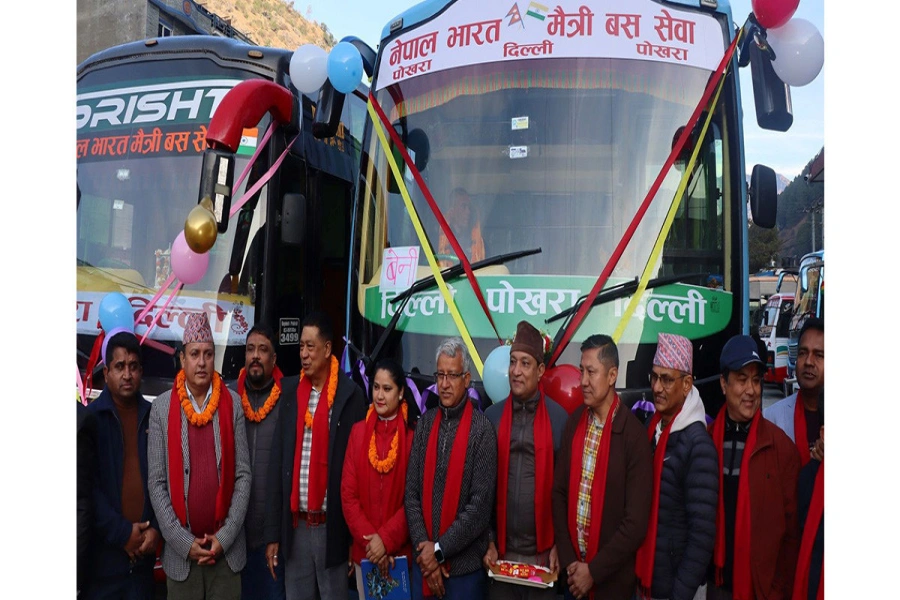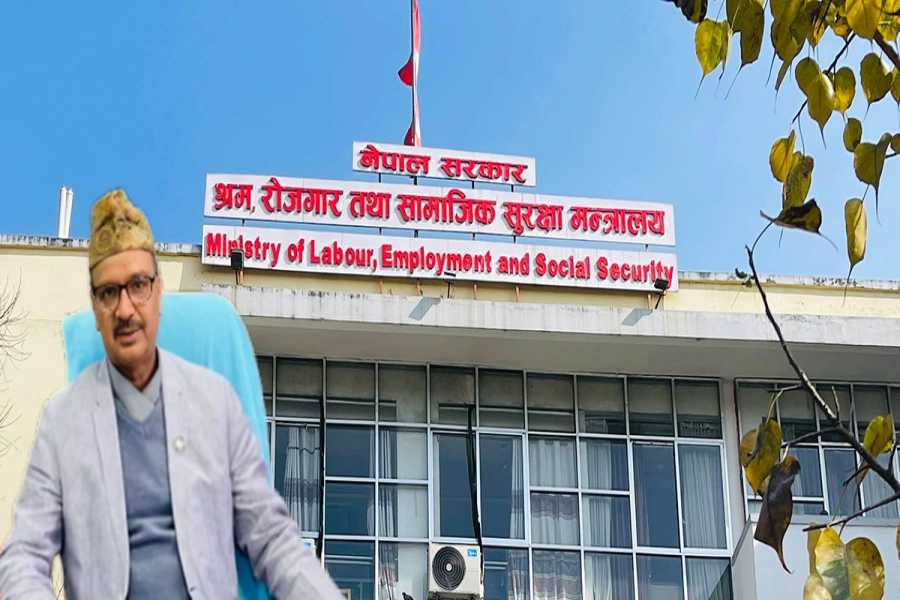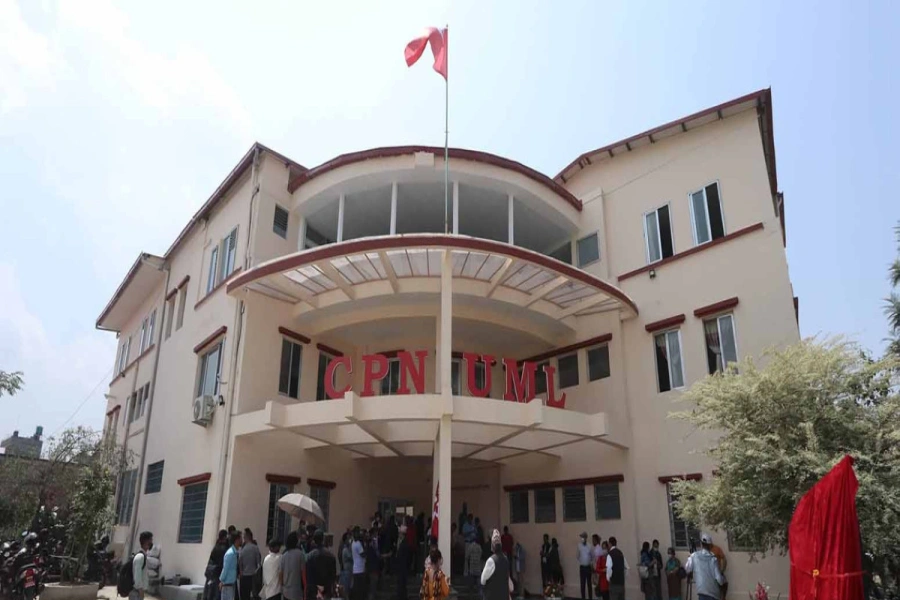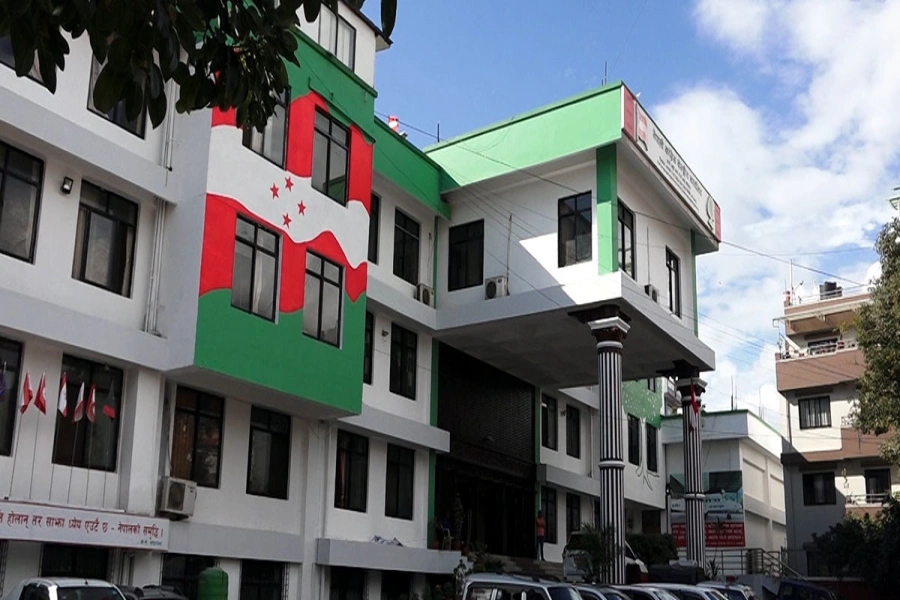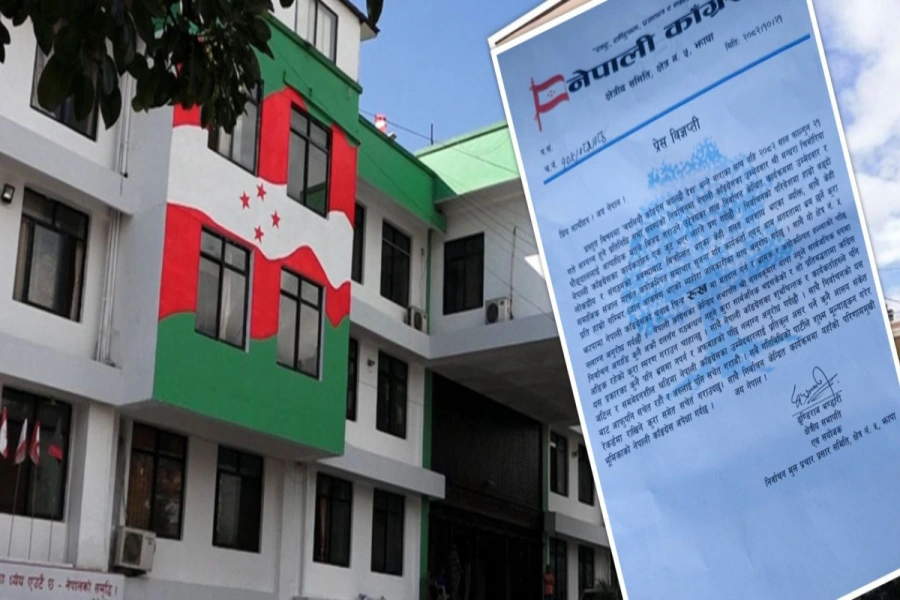Janak Sharma Poudyal is the CEO of Sunrise Bank Ltd. Republica talked with Poudyal to gain an insight about the aspects of cashless economy and how the government can benefit from the system, among other topics. Excerpts:
What are the various aspects of a cashless economy?
The successful implementation of digitization is an important aspect to realize cashless economy. The cashless economy can be imagined only if digital and electronic channels are made available with proper internet speed. But first, we need to understand why the public carries out transactions. The availability of alternative payment gateway like PoS machine is another aspect. The financial ecosystem will be properly built after networking with proper infrastructure is assured.
How can the government benefit from the implementation of cashless financial system?
With the implementation of cashless financial system, government's cost of printing cash will shrink and the chances of getting the notes damaged will be minimized along with the risk of circulation of fake notes. It will help the government track unusual financial activities and curb corruption. All the transactions will be pulled into the system and will have its real time data. However, it can pose challenges to the small businesses and individuals.
DPM Shrestha urges Chinese investors to invest in Nepal's infra...

How can we move forward to become cashless by minimizing the challenges?
Though the banks have established their branches in most of the districts of the country, the access to financial institutions in some parts of Nepal is still a far cry. For cashless economy, the development of infrastructure is the first and foremost priority for the government to fight which the state should come up with the policies and acts. Online signature and biometric should be made valid to transform the informal transaction to transparent one. We can implement the plans phase wise for effective result.
What is Sunrise Bank doing to encourage cashless practice?
We have been encouraging our clients to shift to alternative delivery channel like online platforms and carry out banking activities from home. We also have a system to migrate to online delivery channel for financial services. We flow the information regarding the security and safety if their money is kept in the bank. We have been creating awareness but attempts from individual banks alone will not work.
How can the government intervene in making the drive a success?
The government should intervene with appropriate policies. Automation in continuously repetitive transaction is necessary which will further systematize the system. Banks are moving forward to make investment in private sectors for which the policy, act and laws from the government's side are needed. Automation will increase productivity as the chance of machines doing mistakes is very low. The government should invest in technology and infrastructure development.
How well equipped are our banking system to enforce the cashless system?
Nepal as a country itself is not equipped at the moment. The banks are however trying to upgrade in coordination with the government. Given there are no infrastructure to realize the cashless economy, it will take some time.
What can Nepal Rastra Bank do to support the norms of cashless economy? Are there any shortfalls that need immediate fix?
Nepal Rastra Bank has introduced multiple relevant rules. The rule of cash threshold of Rs 1 million is one of them. But while coming up with policies, the central bank should consider other factors as well. To support the norms of cashless economy, first and foremost requirement is mandatory bank accounts of the clients. They should develop the habit of using cards for payments as we still don't have the habit of using cards for payments even though we own one. Nepalis still don't prefer using cards instead they cash out and pay with physical money.




